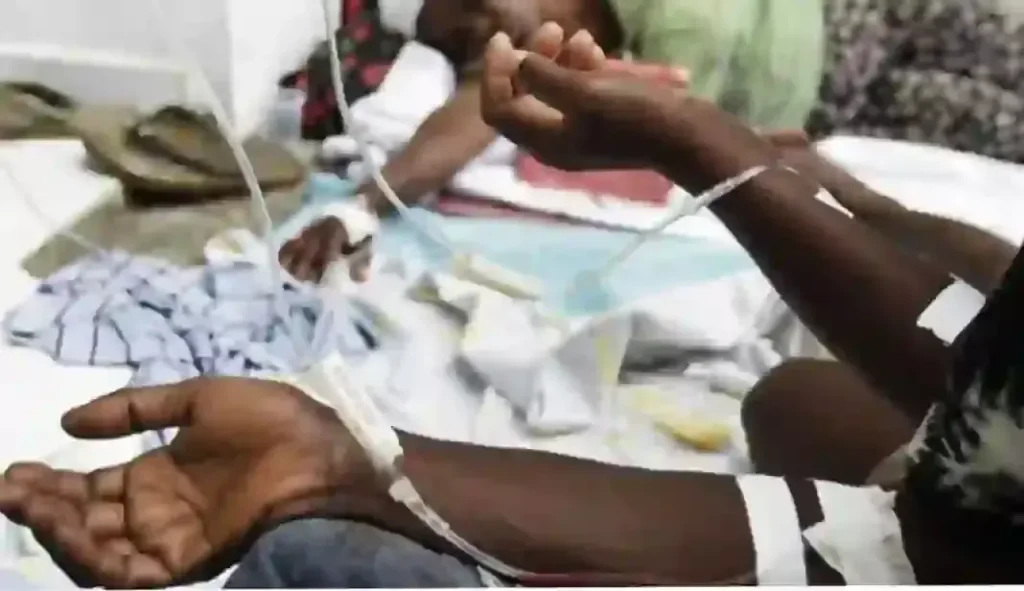
The Federal Government is considering obtaining emergency vaccine doses from the Vaccine Alliance, Gavi, to combat the cholera outbreak in Nigeria.
Gavi’s Chief Executive Officer, Dr. Sania Nishtar, expressed concern about the situation in a post on her X handle @SaniaNishtar, stating the organization’s readiness to support Nigeria’s response efforts.
“Deeply concerned about the ongoing #cholera outbreak in Nigeria. @Gavi and partners are closely monitoring the cholera outbreak, and stand ready to support the government to quickly respond, including to request emergency vaccine doses where needed.
The global cholera stockpile, funded by Gavi, is fully replenished and ready to help contain outbreaks and protect those at highest risk,” Nishtar tweeted.
There are three World Health Organization pre-qualified oral cholera vaccines available: Dukoral®, Shanchol™, and Euvichol®. These vaccines require two doses for full protection.
On Monday, the Nigeria Centre for Disease Control and Prevention activated the Emergency Operation Centre (EOC) to address the severity of the outbreak.
NCDC Director General, Dr. Jide Idris, said the EOC would coordinate the nationwide response, support affected states, facilitate rapid communication, data analysis, and decision-making processes.
It aims to ensure efficient resource deployment, strengthen surveillance and diagnostics, enhance case management, and intensify public awareness and community engagement.
Recent risk assessments have placed Nigeria at high risk of increased cholera transmission.
The Incident Management of the EOC, Dr. Muntari Hassan, reported that the outbreak has resulted in 54 deaths and 1,579 suspected cases across 32 states and 115 local government areas.
Senate Committee on Health Chair, Dr. Ipalibo Banigo, emphasized that preventing cholera is a collective responsibility, urging everyone to ensure potable water, proper sanitation, and hygienic food practices in their communities.
“We all need to be sure that the water we drink is potable. We all must see that our communities are not defecating inside water sources.
We must ensure that water and sanitation efforts are improved across our communities. We all need to be sure that the food we eat is hygienic and clean. So, it’s a collective effort,” she said.
Subscribe to National Updates for more News.
